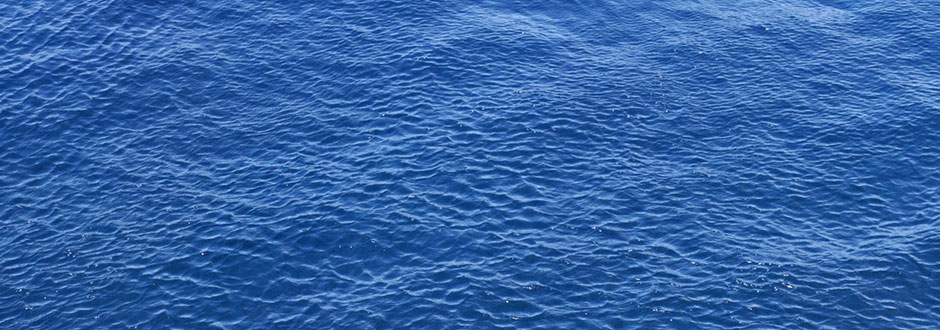The Political Economy of a Global Coal Phase-out (PEGASOS)
Introduction
A timely phase-out of carbon-intensive coal-using activities is essential for meeting the international climate goals of the Paris Agreement. This project will assess policy options for a global coal phase-out which are economically efficient and – of utmost importance - politically viable. This requires a deep understanding of the distributional consequences of these policies and the political economy at work. Our research program engages dynamically with stakeholders and will be carried out in a comprehensive and multidisciplinary framework that analyses climate, public health and competitiveness objectives simultaneously.
Objectives
The project aims at identifying economically efficient and economically viable policy options for a global coal phase-out taking into account the relevant political economy. The research framework is multidisciplinary and focuses on the integrated consideration of multiple societal goals such as climate protection, health protection and competitiveness. The project focusses on three major research questions.
In addition to publication in international, peer-reviewed scientific journals, the project will collect the available knowledge on coal phase-outs and make it accessible to science, politics and society through a web portal.
An accompanying group with representatives of the Federal Ministry of Economics and Energy (BMWi), the Federal Association of Energy and Water Management (BDEW), the Agora Energiewende, the Deutscher Gewerkschaftsbund, the Klima Allianz Deutschland as well as GERMANWATCH helps with the critical reflection and communication of the project contents and results.
Duration
01.12.2018 – 30.11.2021
Funding
The project is funded by the German Federal Ministry of Education and Research (BMBF) in the funding priority "Economics of Climate Change - Phase II, Climate Protection: Instruments and Policies after COP21".
An overview of the research programme, the associated projects and the accompanying dialogue activities can be found on the website https://www.klimadialog.de.





